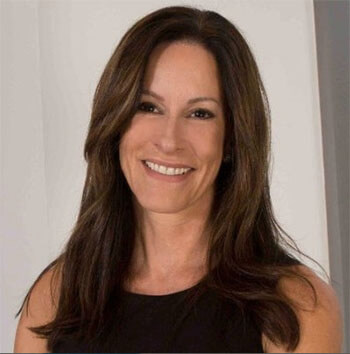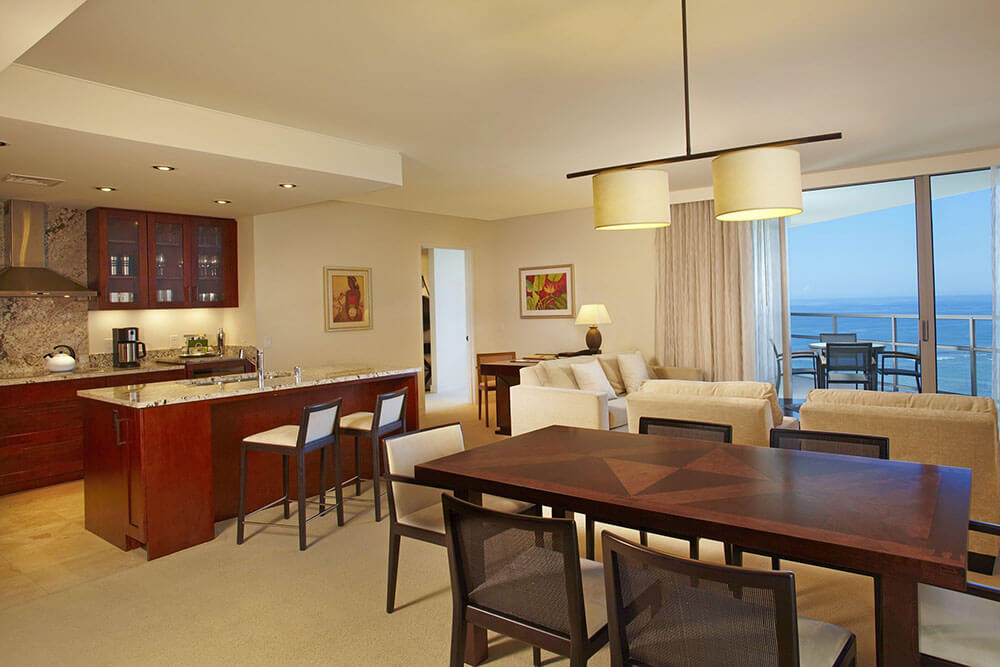Earlier this year, Kathleen Chiechi Flores became the senior-most woman executive at Trump Hotels, where she serves as EVP, new brands and innovation. Equipped with an executive Master of Business Administration from an Ivy League university, Flores talks to HOTEL MANAGEMENT about holding this unique position, her experience as a woman hotel executive with a multidisciplinary background—which includes positions in strategy, performance management, human resources and global communications—and how higher education has played a role in her success.
What is your vision for women working at Trump Hotels?

When I joined the company, I found that there are already so many women in leading functions across marketing, e-commerce, revenue management, interior design and human resources that as the senior-most woman executive here, I want to be a resource for them as they continue to evolve in their careers. In my experience, there were fewer women in the workplace holding senior positions that I could go to for career advice or to bounce ideas off of or to discuss presentations or to whom I could just ask general questions—even about juggling work and family. So I definitely strive to be that type of resource for women and men throughout the organization.
I want to take personal interest in staff, be really supportive, give honest feedback and help with introductions and networking opportunities so that they can continue their career and personal development. I do find that I hold a unique position.
In what one way do your priorities differ from that of your male colleagues?
My priority has always been to lead a successful team that delivers outstanding results to the organization while providing opportunities for people to grow within the team and in other places. I don’t know that this is a different approach from my male colleagues.
But I do find that there are definitely stereotypes in the workplace that continue to exist today. So while I think my leadership style is very similar to that of my male colleagues, I’m always aware of potentially being perceived differently whereas I don’t think that’s something they need to be aware of. So if I’m direct in my approach, I may be perceived as bossy and I think my male colleagues would be seen as decisive. That’s informed my approach and made me more thoughtful or regulated in how I approach certain conversations. This was very true in my earlier years, but as I’ve gained more experience and confidence as a leader, my approach to conversations or any project is now with genuine consideration for people and the project.
Being forthright is always the most successful form of communication for me. Nevertheless, I don’t worry as much now as I did as a younger female executive, when I was coming up the ranks and worried about proving myself. The feedback that I would receive would be different from my male colleagues at that level because you talk about your reviews and I would get different feedback that I felt was more directed to me being a woman. So I had to be more careful about my communication style; I don’t know that I had ever been abrasive and I was perplexed at the time. But in hindsight, I look back and think that’s how my manager was helping me to be successful in navigating a male world.

Your professional background also includes extensive HR experience. Which aspects of that discipline did you find you brought strengths to as a woman? Which were the most challenging as a woman?
Collaborating, bridge building and communications have helped me to be successful in the roles that I’ve held and in building teams to be successful. I don’t know that I’m collaborative and a strong communicator because I’m a woman, but I do have these skills. As an HR professional, we were in operations, sales and marketing and communications; we weren’t just employee relations and risk management. When you think about the scope of work involved, it seems funny that HR should attract so many women; they say it’s a ‘soft function’ and I completely disagree with that. I think that the successful leadership with whom I worked in HR were not myopic. They had to be able to understand how all of the moving parts worked together and what they mean to each other. But is that particularly female? I don’t know.
What kind of edge has your MBA given you as a woman executive?
It gave me an entirely new vocabulary and skill set in finance and marketing, two areas that I hadn’t previously focused on extensively. The degree gave me the confidence and language skills to engage in conversations about aspects of the business that I hadn’t previously been involved in as much. But education also can’t stand outside of experience, either. Because I had been practicing many of these things for several years, I was able to ask much more insightful questions and apply the answers back to my owner operations in order to make better decisions.
However, in my executive MBA class of 130 people at Columbia University, only 30 of us were women. So there’s still a disproportionate number of men pursuing MBAs, at least at the executive level.
